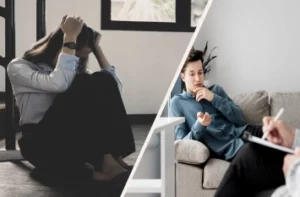
Understanding the Mental Health Crisis: Insights and Strategies from Experts
Understanding the Mental Health Crisis: Insights and Strategies from Experts The term “Mental Health Crisis” has become increasingly common, reflecting the growing recognition of the



